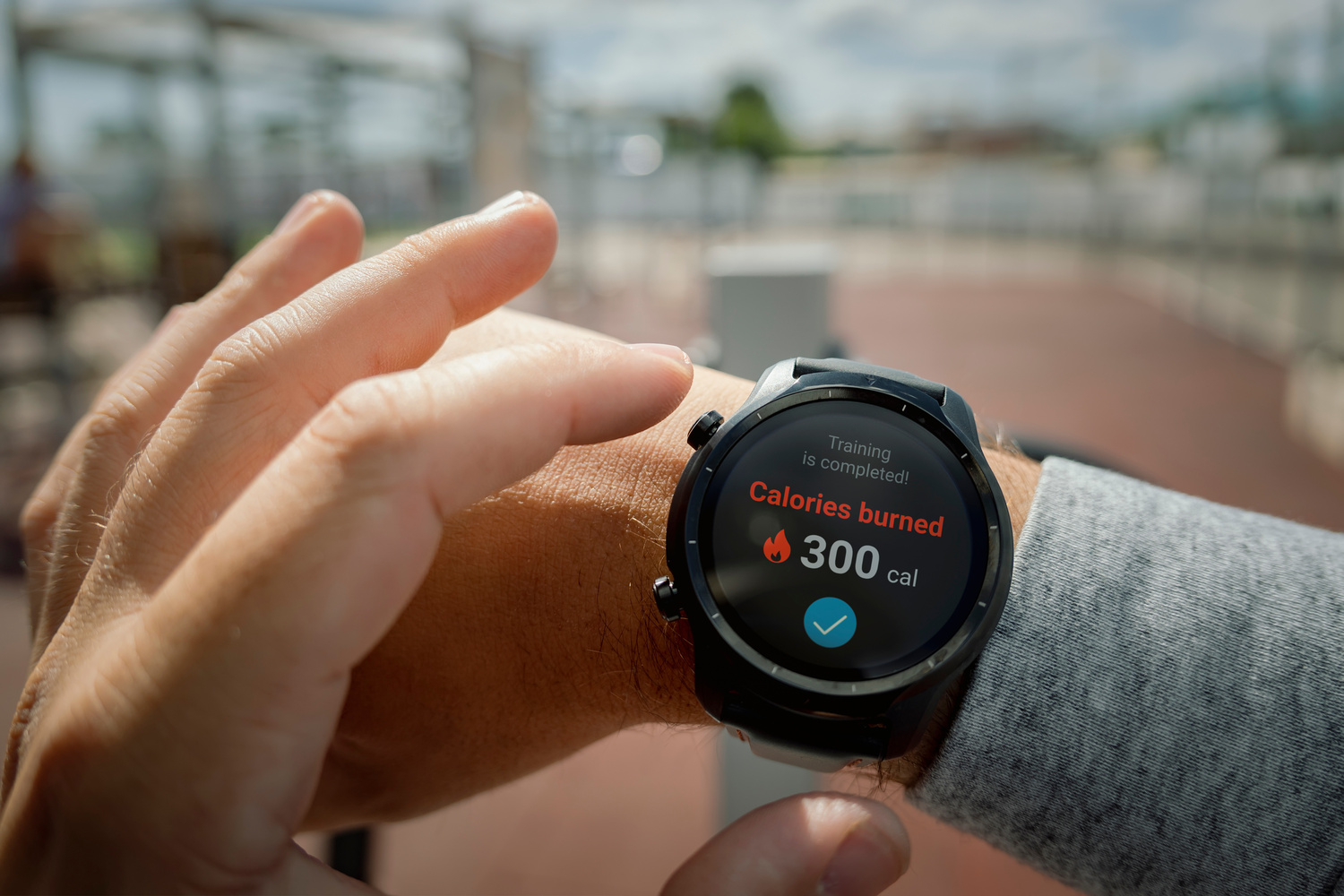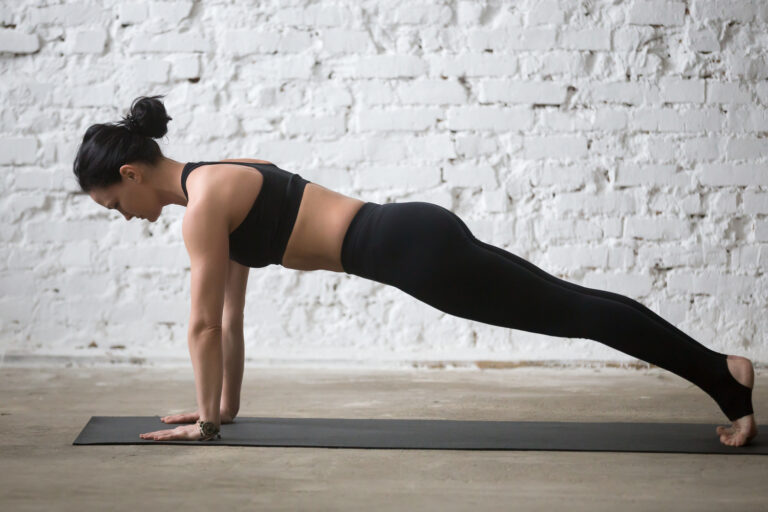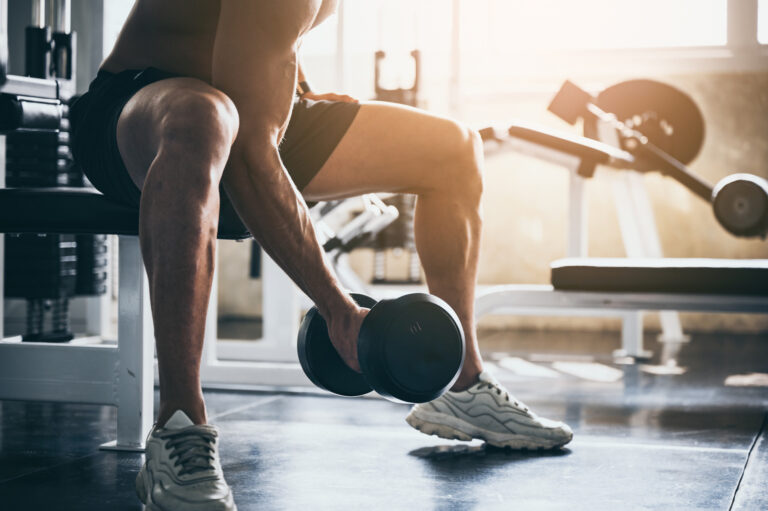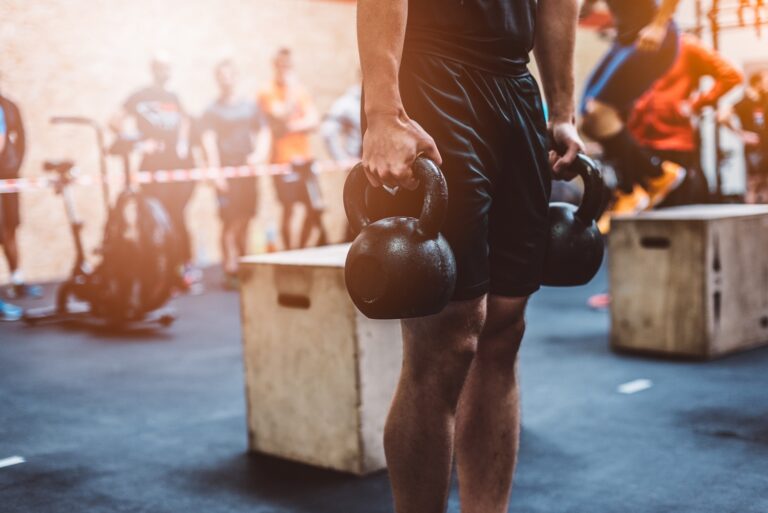Why Your Basal Metabolic Rate Matters

Basal Metabolic Rate (BMR) is one of the most important factors to consider when you’re trying to understand your body’s energy needs. Whether you’re aiming to lose weight, gain muscle, or simply maintain a healthy lifestyle, understanding your BMR can help you make smarter decisions about your diet, exercise, and overall health.
In this comprehensive guide, we’ll explore what BMR is, the top way to calculate it, and how to boost it to get in the best shape of your life. Let’s dive in!

What Is Basal Metabolic Rate?
Your Basal Metabolic Rate (BMR) is the amount of energy (measured in calories) that your body needs to perform its essential functions while at rest. These functions include breathing, circulating blood, controlling body temperature, and supporting cell growth and repair. In essence, BMR represents the minimum energy required to keep your body alive and functioning when you’re not physically active.
It is important to note that BMR does not include the calories burned through physical activity, exercise, or digestion. It’s the baseline level of energy your body requires just to maintain basic functions.
Basal Metabolic Rate (BMR) vs. Resting Metabolic Rate (RMR)
While Basal Metabolic Rate (BMR) and Resting Metabolic Rate (RMR) are often used interchangeably, there are slight differences between the two. Both refer to the number of calories your body burns at rest to maintain basic physiological functions, but the conditions under which they are measured differ.
BMR is typically measured after a full night’s sleep and at least 12 hours of fasting to ensure your body is in a completely rested and non fed. In contrast, RMR can be taken at any time of day, even if the person has eaten or is slightly active. As a result, RMR is typically higher than BMR.
How to Calculate Your BMR
There are several ways to calculate your BMR, but one of the most common and widely used is the Mifflin-St Jeor Equation, which has been shown to be more accurate for most people than other formulas.
- For men: BMR=10×weight (kg)+6.25×height (cm)−5×age (years)+5BMR = 10 \times \text{weight (kg)} + 6.25 \times \text{height (cm)} – 5 \times \text{age (years)} + 5BMR=10×weight (kg)+6.25×height (cm)−5×age (years)+5
- For women: BMR=10×weight (kg)+6.25×height (cm)−5×age (years)−161BMR = 10 \times \text{weight (kg)} + 6.25 \times \text{height (cm)} – 5 \times \text{age (years)} – 161BMR=10×weight (kg)+6.25×height (cm)−5×age (years)−161
If that sounds entirely too complicated, fear not. There are several calculators online that will do the math for you. Here’s one of our favorites.
Factors That Affect BMR
Several factors can influence your Basal Metabolic Rate. While many are beyond your control, understanding them can help you make more informed decisions about your exercise choices.
1. Age
As you age, your BMR typically decreases. This is because muscle mass tends to decline with age, and muscle burns more calories than fat.
2. Gender
Men generally have a higher BMR than women. The reason is that men also tend to have more muscle mass and less body fat, and as stated above, muscle burns more calories than fat.
3. Body Composition
Research shows that people with more muscle tend to have a higher BMR, while those with more body fat generally have a lower BMR. Increasing muscle mass through strength training can help boost your BMR over time (more on that in a bit).
4. Genetics
Genetics play a role in determining how fast or slow your metabolism is. Some people are naturally “fast burners” while others have a slower metabolism.
5. Hormones
Hormones–especially thyroid hormones–can significantly affect BMR. For example, hypothyroidism (an underactive thyroid) can lead to a decrease in BMR, while hyperthyroidism (an overactive thyroid) can lead to an increase.
6. Climate
People living in cold climates may have a slightly higher BMR, as their bodies burn more calories to stay warm. Similarly, people who live in hot climates may burn fewer calories at rest.
7. Health Conditions
Certain health conditions like chronic illnesses, fever, or injuries can increase your BMR, as your body requires extra energy for healing and fighting off illness.
What Role Does BMR Play in Weight Loss?
Your BMR tells you how many calories your body burns at rest, but your actual daily calorie needs depend on several other factors as well. These include the energy required for exercise, the thermic (calorie burning) effect of the food (digesting meat burns more calories than digesting carbs, for example), and your activity level outside of working out (a variable scientists refer to as non-exercise activity thermogenesis [NEAT]).
This is where Total Daily Energy Expenditure (TDEE) comes in. It takes all of the above factors into account to help you determine how many calories you currently burn each day. Here’s how to calculate it using your BMR and estimated activity level:
How to Calculate Your TDEE
- Sedentary (little or no exercise): Multiply your BMR × 1.2
- Lightly active (light exercise/sports 1-3 days/week): Multiply your BMR × 1.375
- Moderately active (moderate exercise/sports 3-5 days/week): Multiply your BMR × 1.55
- Very active (hard exercise/sports 6-7 days a week): Multiply your BMR x 1.725
- Super active (very hard exercise or physical job): Multiply your BMR × 1.9
For instance, if your BMR is 1500 calories and you are moderately active, your TDEE would be 2325 calories per day. You would need that many calories per day to maintain your current weight.
To lose weight, you’d need to consume fewer calories than your TDEE. To gain weight, you’d need to eat more.
Can I Increase My BMR?
As mentioned above, many of the factors that affect BMR are out of your control. But there is one thing you can do to elevate it: Build more muscle. That’s where strength training comes in. Even challenging your muscles just two to three times a week can help you pack on the kind of lean mass that can elevate your metabolism.
Conclusion
Basal Metabolic Rate (BMR) is a fundamental concept in understanding your body’s calorie needs. By knowing your BMR and taking into account your physical activity level, you can better manage your weight and fast track your fitness goals. Keep in mind that while BMR is largely influenced by genetics, age, and gender, there are things you can do to increase it, the most important of which is building muscle.







